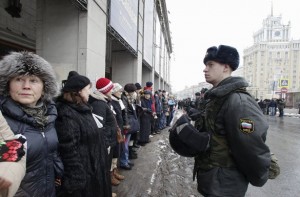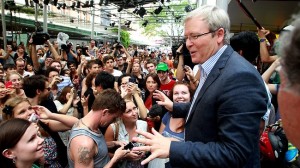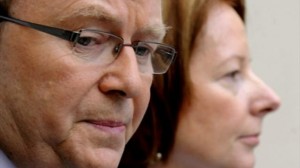As early results indicated, Senegal election officials confirmed today that President Abdoulaye Wade received only 34.8% of the first round vote and will go into a runoff on March 18 against former prime minister Macky Sall, who received 26.5%. ![]()
In the ensuing 18 days, the media spotlight will shift to three key questions:
- Can Wade win a runoff vote? Almost two-thirds of the electorate voted against Wade. To win a runoff vote, Wade would have to (i) retain all of his first-round support, (ii) win around one of every four of the anti-Wade voters in the first round and (iii) win more than 50% of any new voters who participate in the second round. This seems like an implausible hurdle for the unpopular incumbent.
- What would Sall do as President? Greater scrutiny will now fall on Sall, his former ties to Wade, his falling out with Wade and charges of money laundering and corruption. He will certainly have to discuss his role in the Wade administration and its lack of policy progress. Already, however, Sall has pledged to abide the two-term presidential limit and has advocated reducing the presidential term back to five years (Wade’s constitutional changes had increased the term to seven).
- Can the opposition effectively unite against Wade? Another prime minister, Moustapha Niasse, placed third with 13.2% of the vote. Niasse is already on record as supporting a unified opposition against Wade, whose candidacy — potentially in violation of the constitutional two-term limit — has sparked protests across the country. The broad-based M23 coalition and other groups are well placed to bring together all of the opposition candidates to discuss a unified left-right front under Sall’s second-round candidacy. Barring any deal between Wade and Sall, it appears very likely that the Wade opposition will be unified, in some degree, behind Sall.





